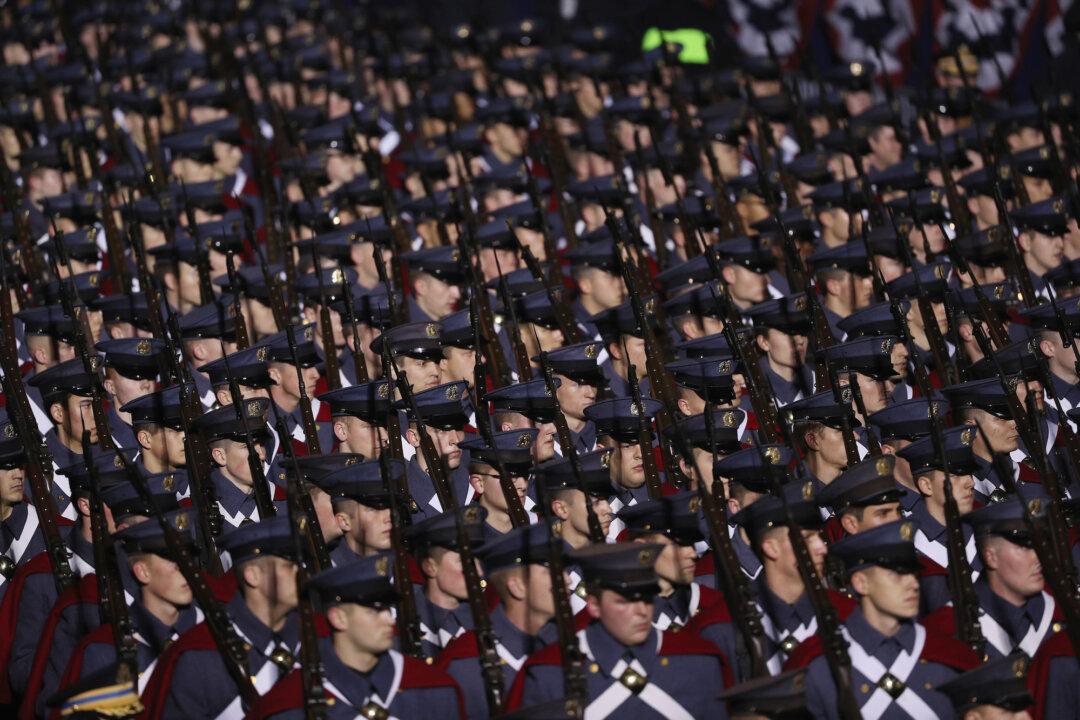The Virginia Military Institute (VMI), the oldest military college in the Unites States, said on Wednesday it won’t remove Confederate statues nor rename any buildings named after Confederate leaders.
In a seven-page letter addressing all VMI community members and affiliates, superintendent Ret. Gen. J.H. Binford Peay III said while he is willing to “erase any hint of racism” on campus, the college’s history is deeply rooted with the history of Virginia and the Civil War.





